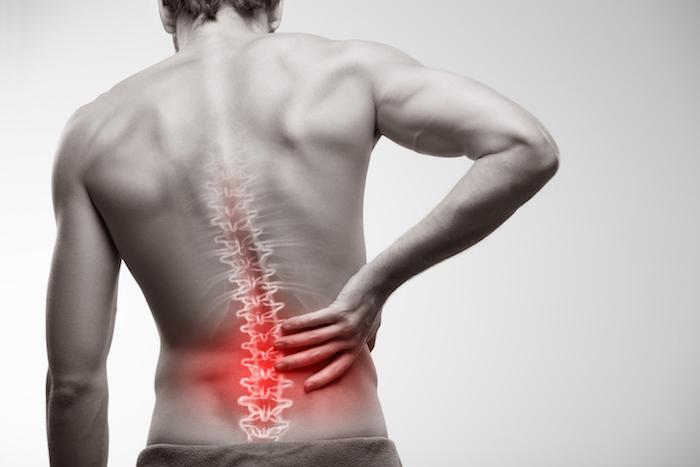Herniated discs affect millions of Americans every year, causing uncomfortable symptoms that can range from mild to debilitating. The good news is that we can treat herniated discs. But are home remedies and TLC enough? And when is it time to see the doctor?
As a top-ranked spine specialist in Roseville, Minnesota, David Chang, MD-PhD, DABNS, is skilled in treating herniated discs and helping our patients prevent a recurrence.
In this post, he and our team review the basics of herniated discs and their treatment, so you can decide when it’s time to schedule a visit for your disc problems.
Causes of herniated discs
Located between each pair of spine bones, spongy discs protect your spine and help keep it flexible. They also maintain space for nerves to exit the spinal column and travel to the rest of your body.
Discs are made up of a tough outer layer and a gel-like interior. A disc herniates when the outer layer develops a tear that lets some of the gel interior to push out, irritating nerves. Most herniated discs affect the lower back or neck — the two most flexible areas of your spine.
Herniated discs become more common with age, as the discs become more brittle. But repetitive bending or lifting or traumatic injuries can cause herniated discs. Being overweight or obese increases your risk of a herniated disc, as does pregnancy.
Herniated disc symptoms
Mild herniated discs typically cause some dull aching around the affected parts of your spine. But because a herniated disc can irritate nerves that travel to your arms or legs, it’s not uncommon to have symptoms in your limbs, too. Those symptoms include:
- Pain (ranging from dull aching to shocklike-bursts of pain)
- Burning
- Numbness
- Tingling
- Loss of coordination
- Limb weakness
Depending on how disc herniation occurs, you may experience symptoms right away, or they may worsen over time.
Relieving symptoms: Home remedies vs. medical care
A very mild herniated disc that causes aching in your neck or back may resolve with a little TLC at home.
Using ice and heat therapy, taking over-the-counter pain medicines, and using support for your knees when you sleep can all help relieve symptoms and give your disc problem a chance to heal.
But once a herniated disc causes symptoms in your arms or legs, or limits movement in your back or neck, it’s definitely time to seek medical care.
Because they press on nerves, untreated herniated discs can wind up causing permanent nerve damage, including permanent tingling, loss of sensation, or decreased movement.
We can treat many discs conservatively with medication, physical therapy, and activity modification. Quitting smoking and losing weight can also help.
If these approaches don’t provide relief, Dr. Chang frequently recommends injections to relieve pain and inflammation, or sometimes surgery to relieve nerve compression. Dr. Chang specializes in minimally invasive techniques for faster healing and less discomfort.
Don’t let a disc problem interfere with your lifestyle
Herniated discs are pretty common, but that doesn’t mean it’s OK to ignore those symptoms or just live with them. Without early medical evaluation and treatment, you could be setting yourself up for a lot more pain in the future.
To learn more about how we can help you relieve your disc-related symptoms, call 651-219-7322 or book an appointment online today.
